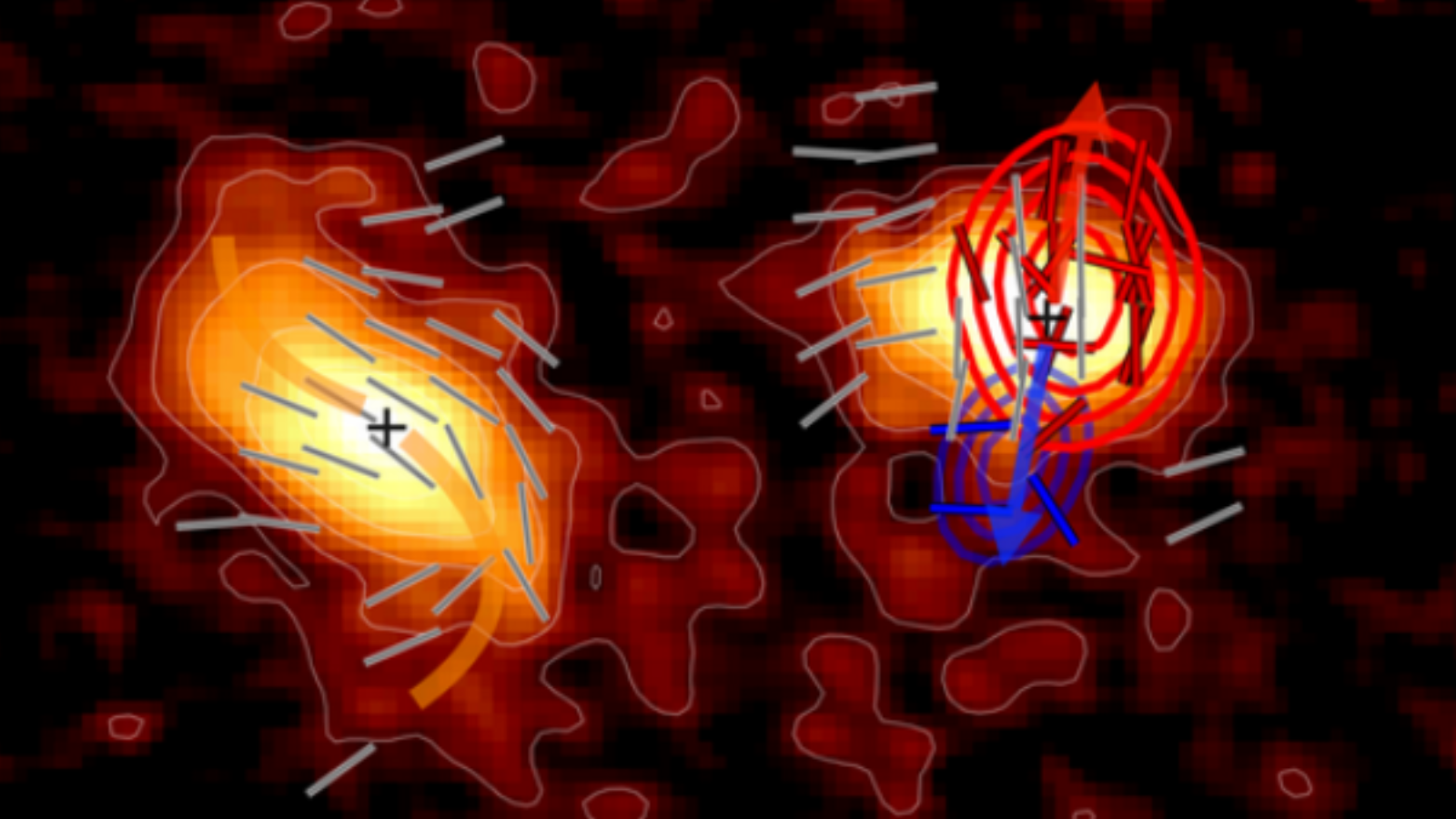Primitive Alien Life May Exist, Stephen Hawking Says

Alien lifemay well exist in a primitive form somewhere in our corner of the galaxy, famedastrophysicist Stephen Hawking said Monday.
Given thesize of the universe, it is unlikely that Earth is the only planet to develop somesort of life, Hawking told an audience at George Washington University inWashington, D.C. He added that humanity must embrace space exploration, if onlyto ensure itslong-term survival.
?Whilethere may be primitive life in our region of the galaxy, there don?t seem to beany advanced intelligent beings,? said Hawkingduring a lecture as part of a series commemorating NASA?s 50th anniversary thisyear.
The lack ofsuccess by the Search for Extra-Terrestrial Intelligence (SETI) project todiscover signals from an alien civilization suggests that none exist withinseveral 100 light-years of Earth, Hawking said, though he offered threetheories on the dearth of interplanetary communications.
Theprobability of primitivelife developing on a suitable planet may be extremely low, or it may behigh, but aliens intelligent enough to beam signals into space may also besmart enough to build civilization-destroying weapons like nuclear bombs, hesaid. More likely, he added, is that primitive life is likely to develop, butintelligent life as we know it is exceedingly rare.
?We don?tappear to have been visited by aliens,? Hawking said, adding that he discountsreports of UFOs. ?Why would they only appear to cranks and weirdoes??
Alien lifeaside, Hawking said humanity must pursue a long-term effort of spaceexploration that would span hundreds of years in order to ensure the survivalof the species. He likened those opposed to spending money on space science andexploration to those who wrote off Christopher Columbus? trans-Atlantic Oceanvoyage in 1492 as a waste of money.
Breaking space news, the latest updates on rocket launches, skywatching events and more!
?Thediscovery of the New World made a profound difference on the old. Just think,we wouldn't have had a Big Mac or KFC,? Hawking said.
?Spreadingout into space will have an even greater effect,? he added. ?It will completelychange the future of the human race, and maybe determine whether we have anyfuture at all.?
Hawking,66, is a renownedtheoretical physicist and cosmologist who suffers from the neurologicaldisorder amyotrophic lateral sclerosis (ALS). He uses a wheelchair, communicateswith the aid of a computer, and co-wrote a children?s book about science -?George?s Secret Key to the Universe? - with his daughter Lucy in the hope ofinspiring youth to pursue studies in science and technology.
?We live ina society that is increasingly governed by science and technology,? Hawkingsaid. ?Yet fewer and fewer people want to go into science.?
Sendingastronauts back to the moon, establishing a lunar base with a clear target ofgoing on to Mars would do much to restore the public?s support for spaceflight,he added.
?If thehuman race is to continue for another million years we will have to boldly gowhere no one has gone before,? Hawking said.
- VIDEO: Looking for Life in All the Right Places
- Top 10 List of Habitable Stars to Guide Search
- Images: Future Vision: Lunar Base

Tariq is the award-winning Editor-in-Chief of Space.com and joined the team in 2001. He covers human spaceflight, as well as skywatching and entertainment. He became Space.com's Editor-in-Chief in 2019. Before joining Space.com, Tariq was a staff reporter for The Los Angeles Times covering education and city beats in La Habra, Fullerton and Huntington Beach. He's a recipient of the 2022 Harry Kolcum Award for excellence in space reporting and the 2025 Space Pioneer Award from the National Space Society. He is an Eagle Scout and Space Camp alum with journalism degrees from the USC and NYU. You can find Tariq at Space.com and as the co-host to the This Week In Space podcast on the TWiT network. To see his latest project, you can follow Tariq on Twitter @tariqjmalik.
